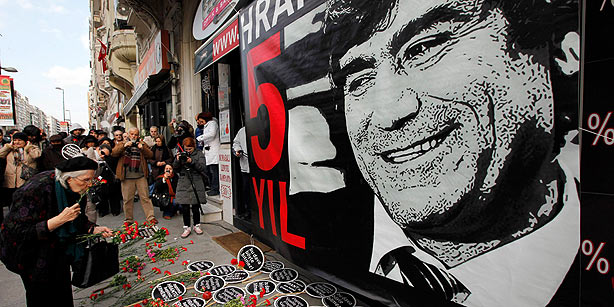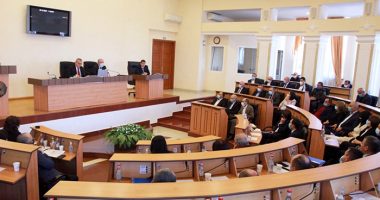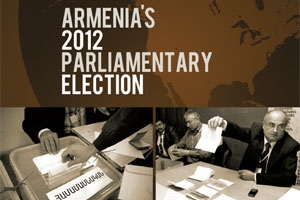By Sahag Toutjian
A select group of around 50 invitees representing various sectors and groups of the Armenian community of Glendale, California and the neighboring cities were present on Wednesday, February 29, 2012 from 6:00 pm to 8:30 pm at the recently inaugurated Glendale site offices of Didi Hirsch Mental Health Services (MHS) on 1540 East Colorado Street. An overview was presented covering the objectives and the human and material resources being mobilized by the management for their drive on mental health services in Glendale.
The primary aim of the meeting was to present the upcoming MHS program dubbed ARMUNITY by the organization.
The different aspects of the three-year special program geared for services to the Armenian community were jointly set forth by the following:
Kita Curry, Ph D: Chief Executive Officer of Didi Hirsch MHS;
Rebecca Gaba, Ph D: Vice-president of Clinical Operations;
Marina Geozalyan, LMFT: Program Director of Adult Services, Glendale site;
Arsineh Ararat, LMFT: Bilingual Program Coordinator II;
Seta Haig, LMFT: Bilingual Therapist II;
Adrine Avetyan, IMFT: Bilingual Therapist I;
Shant Boyadjian, IMFT: Bilingual Therapist I;
(Code: LMFT = Licensed, Marriage and Family Therapist; IMFT = Intern, Marriage and Family Therapist).
The presentations were followed by a lively discussion, including questions and answers, by those present.
The following is a combined outline of the essence of what the above speakers highlighted in their messages. For enhanced clarity, here we have integrated the introductory and/or policy remarks by the senior officials and the elaborations on administrative and vocational elaborations by the mental health staff directly involved in the field project.
In a nutshell, the mission statement of the ARMUNITY program designed by Didi Hirsch Mental Health Services can be succinctly delineated as follows:
It is a 3-year study program fully funded by a grant of the Los Angeles County Department of Mental Health. At the present stage, the initiators of the program have in mind a conceptual prototype that will be the brainchild of all the parties involved in funding, monitoring, applying it and those reaping its benefits.
Its immediate purpose is to identify the major mental health, substance abuse and wellness issues in the Armenian community.
The overriding goal of the program: to come up with the most feasible, practical outreach model of mental health services for individuals and families, developed through direct involvement of the Armenian community and associated agencies, and tailored to their needs. It aims at free and ready access to treatment of medical, mental health and addiction problems.
In light of the findings by the joint participants during the 3-year research period, Didi Hirsch Mental Health Services staff will monitor support groups, presentations, cultural events and other related activities in a cooperative environment. Quarterly feedbacks will be the basis of the study
It addresses the Armenian community members and leaders, its healthcare providers, schools, churches, and all concerned individuals to review together the various available resources and select the most appropriate services required by the community for improving the productivity and quality of their life. At the end, it has to come up with the blueprint of a community-based working model for implementation long after the 3-year period is over.
It aims at narrowing the gap between mental health services and the community through closer ties, genuine cooperation unencumbered direct outreach.
The onus of dealing with substance abuse is a worldwide critical problem, and the psychological barriers associated with it need to be overcome by modern man in order to resolve it to the best of human possibilities.
In this context, as with all the other multi-cultural communities in the United States, the Armenian community of Glendale and vicinities needs to rally all its moral resources and courage to face its mental health problems squarely and openly in order to resolve it in an intelligent manner.
There has always been around the world, and will for a long time continue to be, a strong syndrome of denial concerning mental health and substance abuse treatment issues; and the USA, including the Armenian community, is no different in this respect. Enlightened community awareness is a key condition to successful eradication – or at least maximum mitigation – of this curse. As more frequent and more open public presentations and discussions are held with more inclusive groups and strata of the community, the easier it will be for patients to seek treatment without undue concealment and fear.











